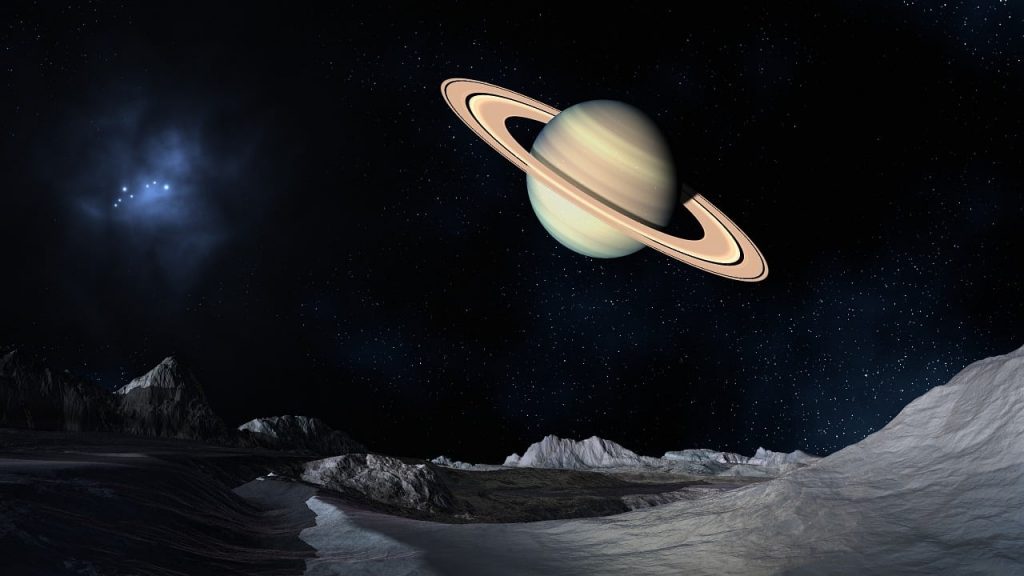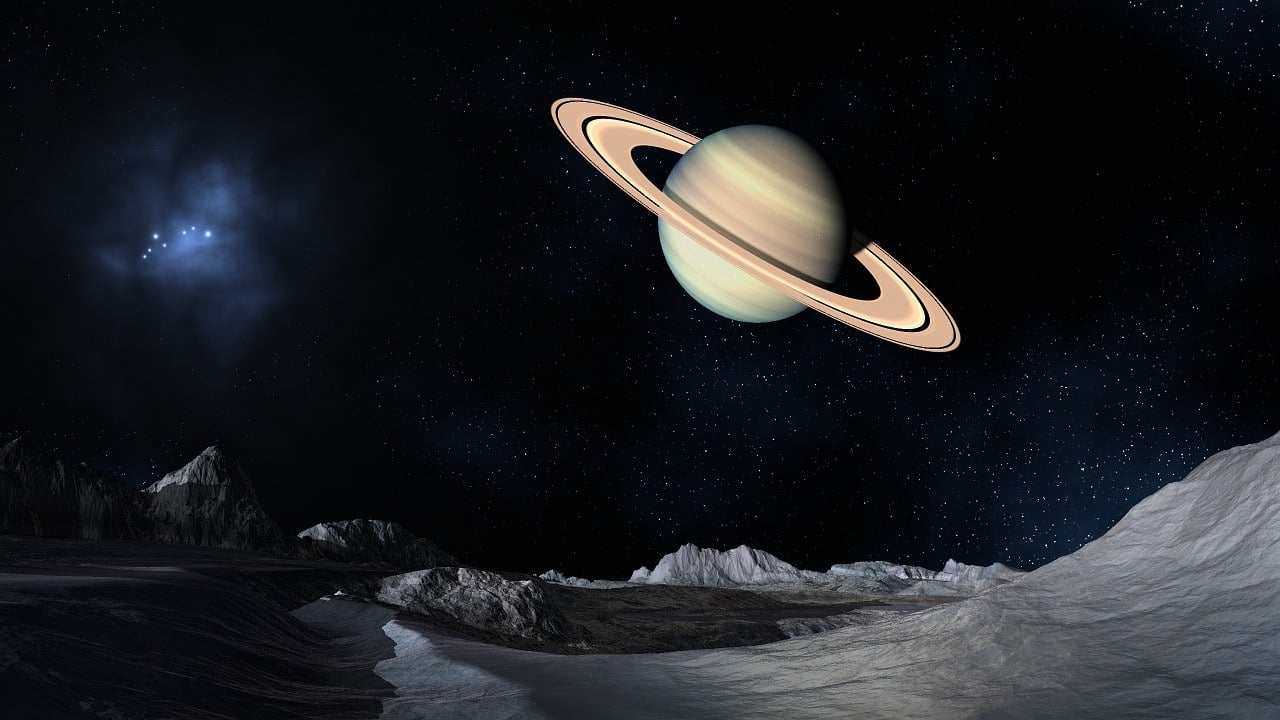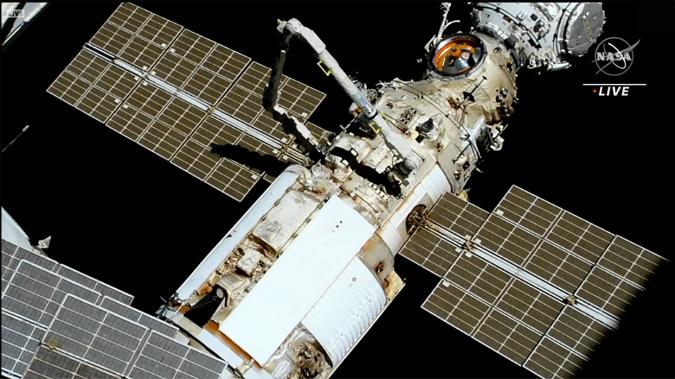Phosphorus Has Been discovered On Saturn’s Moon Enceladus: The Main “Building Block” Of Life

Astronomers have discovered phosphorus on Saturn’s moon Enceladus, marking the first time the chemical compound has been found in an ocean outside of Earth.
A team led by Frank Postberg, professor of planetary science at the Free University of Berlin, studied data from Cassini’s Cosmic Dust Analyzer (CDA). Although the data had been collected a long time ago, it took a long time to analyze them. “This data has been sitting on NASA servers for 15 years,” Postberg said. “The instrument transmitted such a large amount of data that we were unable to analyze them all while the mission was active.”
After publishing a limited data analysis in 2017, the team received funding from the European Research Council to analyze a much larger data set. Postberg said they weren’t specifically looking for phosphates: “We just thought, let’s look at a much larger dataset and the composition of individualized grains. After more than three years, I found these nine ice grains in which phosphates were found, ”he said. Life requires carbon, hydrogen, nitrogen, oxygen, phosphates, phosphorus and sulfur, he explained. Of these six components, phosphorus was the only one that had not previously been detected in the Cassini data – past studies have shown the presence of all other components on Enceladus.
A new study shows that one of the key ingredients for life is likely to be abundant in certain types of icy oceans. This is a promising finding, given the fact that NASA and ESA are sending probes to Europa to better understand conditions on the planets. Ultimately, this could be a sign that life is indeed present in one of our solar system’s distant oceans.




